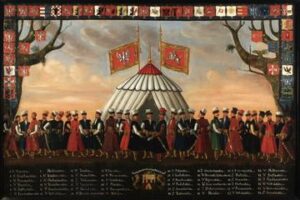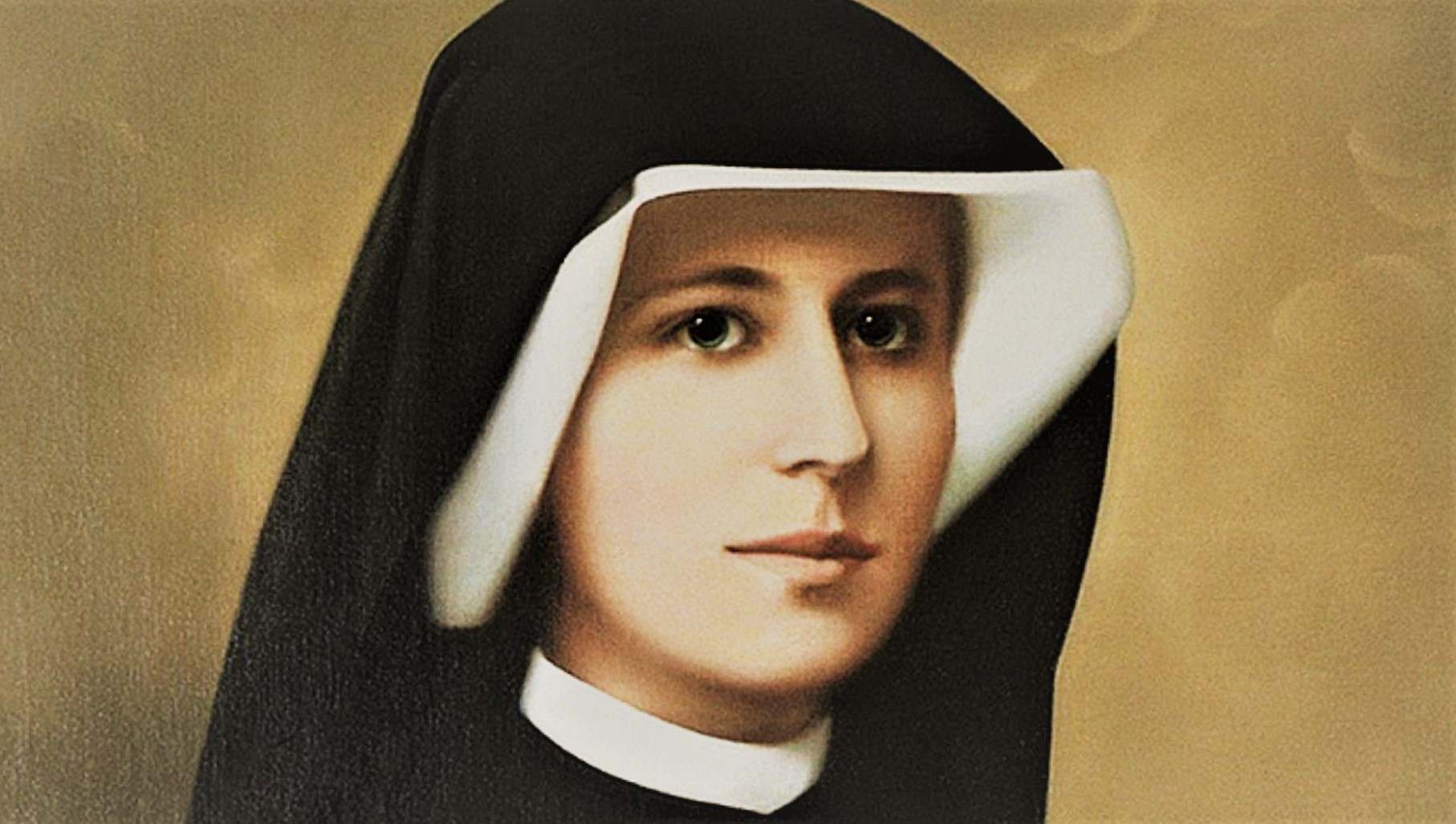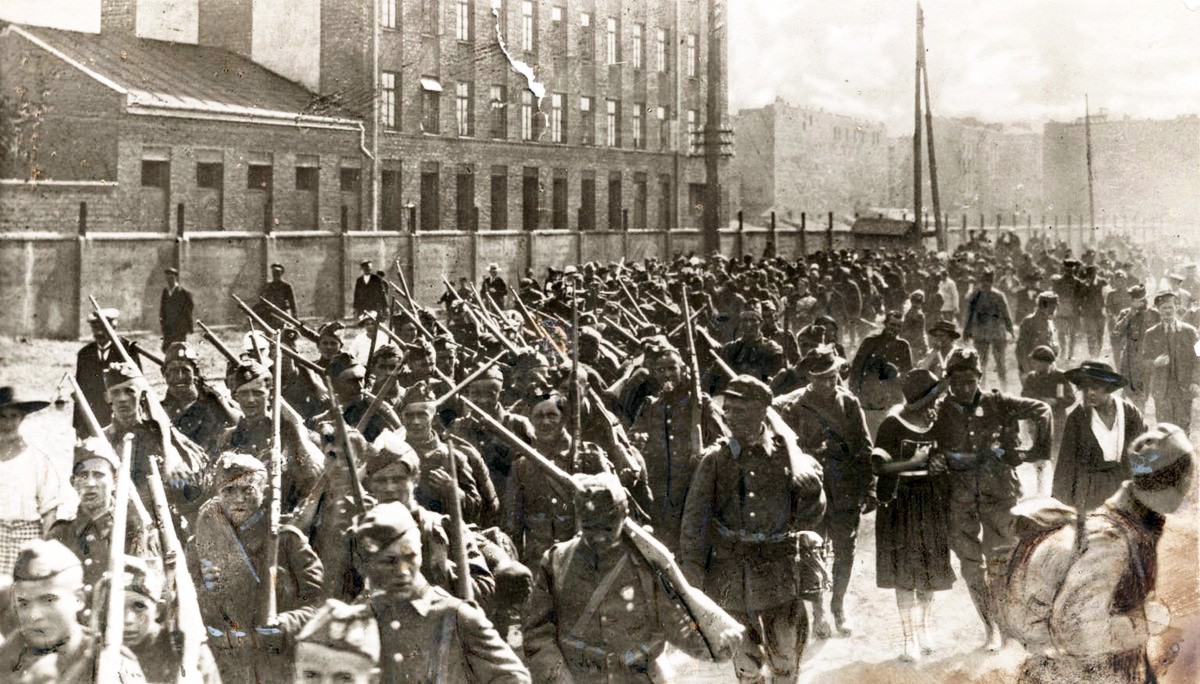Representative assemblies were common in late medieval Europe. Though they varied tremendously in their organization, customs, and functions, they shared a transnational inheritance of ideas and methods that added up to a common European tradition.

The political and constitutional significance of individual institutions has been exhaustively documented, but little has been done to investigate them as cultural phenomena and political ideas in their own right, or to study them in comparative perspective. The international, interdisciplinary programme, Recovering Europe’s Parliamentary Culture, 1500-1700, and pilot project comparing the period’s three most robust national assemblies – in England, the Netherlands and Poland – aim to do that.
We invite you to an online event to mark the launch of the ‘Recovering Europe’s Parliamentary Culture, 1500-1700’ project, and the culmination of the blog series available at: https://intellectualhistory.web.ox.ac.uk/recovering-europes-parliamentary-culture-1500-1700. In this blog series the organizers of the conferense want to open up the topic by encouraging scholars from different disciplines, different countries and different backgrounds to reflect on the meanings and culture of political assemblies and what goes on in them. Their own focus is on the early modern; but these blogs will range more widely, seeking insights from scholars of later and earlier periods as well.
Speakers include: Stuart Caroll (York), Robert Frost (Aberdeen), Mark Goldie (Cambridge/ Sussex), Paulina Kewes (Oxford), Dorota PietrzykReeves (Krakow), Paul Seaward (History of Parliament Trust), Barbara Stollberg-Rilinger (Münster).
The event will be held on 5 January, 3-5pm on Zoom.




